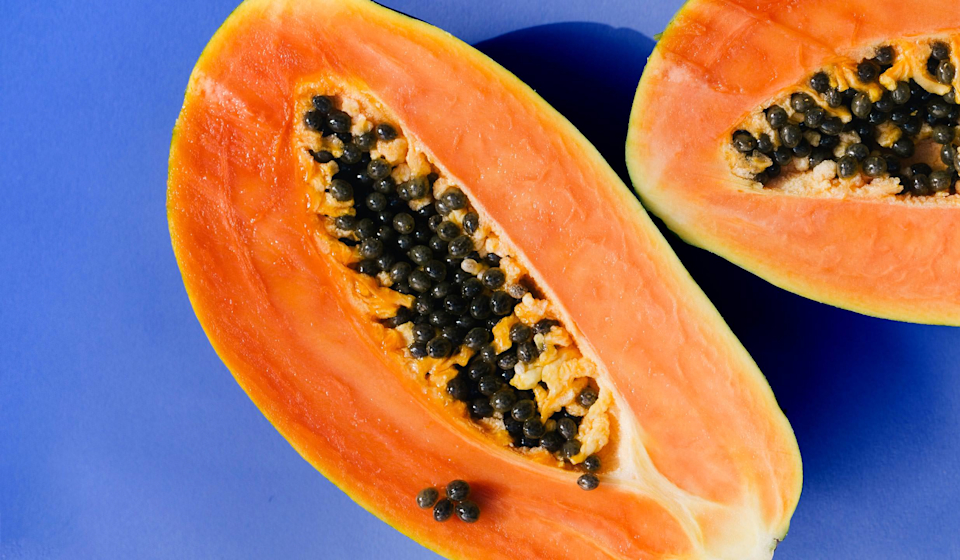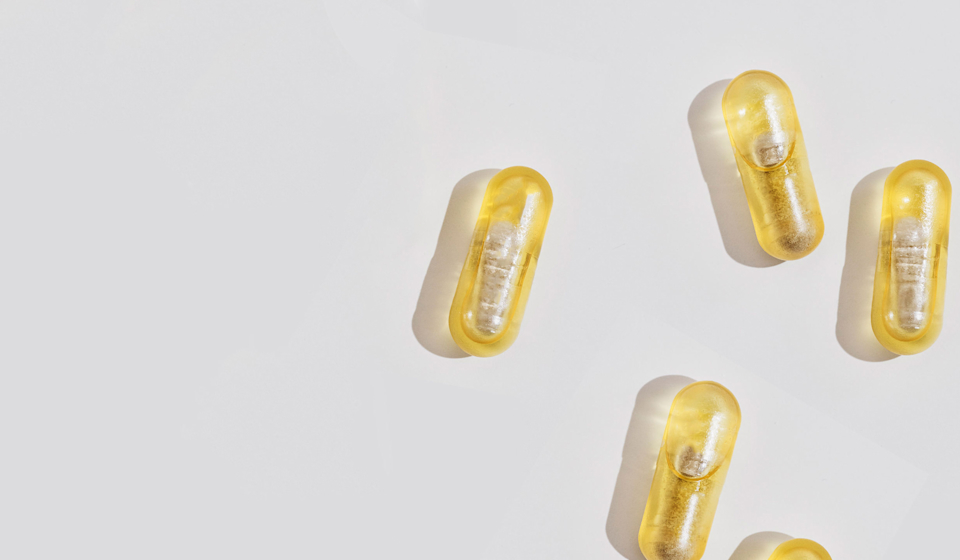Nutrients To Look For in a Prenatal Multivitamin, And Why:
Folate. Because it contributes to normal energy-yielding metabolism and helps to form red blood cells. It’s also a must-have for pregnant and non-pregnant people alike. But when expecting, folate supports a baby’s neural tube development.*
Many prenatal multivitamins use folic acid, which is a synthetic form of folate: It needs the help of enzymes to convert to 5-MTHF, which is a bioavailable form. But the caveat is that up to one-third of women have genetic variations that make it difficult to efficiently utilize certain forms of folate such a folic acid. That’s why we suggest looking for a multivitamin with ready-to-use 5-MTHF, like our Essential Prenatal Multivitamin.*
Omega-3. Did you know that DHA is an important component of the human brain? Of the three different omega-3 fatty acids, we like to zero-in on DHA, specifically since it supports brain, heart, and eye health. DHA is found in fatty fish like salmon, shellfish, and tuna, so if you’re vegetarian, that can be a problem. Our advice? Look for a prenatal that sources its omega-3 with DHA from algae.*
Vitamin B12. B12 helps support red blood cell formation and normal energy-yielding metabolism. One important wrinkle is that because B12 is found mostly in meats, vegans and vegetarians can have a more difficult time meeting their needs.*
Choline. The American Academy of Pediatrics considers choline a key nutrient that supports fetal neural tube development. And that’s not the only way this key nutrient partners up with omega-3 fatty acids and folate: The three help support baby’s brain development during pregnancy.*
Iodine. Iodine needs almost double during pregnancy. Iodized salt is one of the best sources of iodine, but since many pregnant people choose to cut back on processed foods (which is good!), it might be more difficult to consume enough. Supplementation may be a good way to go.*
Biotin. Biotin is an important addition to a prenatal multivitamin. It helps contribute to normal energy-yielding metabolism. While most non-pregnant people get enough biotin through diet alone, biotin needs increase when expecting.*
Vitamin D3. You probably know that one of the best sources of vitamin D is sunlight. But thanks to urban dwelling, lots of hours spent in the office, and wearing SPF when we do catch rays (a good choice!), many of us may be lacking in this nutrient. When you’re swapping a multivitamin for a prenatal multivitamin, it’s not a bad idea to make sure it includes vitamin D3.*
Iron. According to the American College of Obstetricians and Gynecologists (ACOG), there is a need for more iron during pregnancy as this key nutrient supports red blood cell formation. In addition to getting iron through foods like beans, lentils and beef, it can be beneficial to include in a prenatal multivitamin.*
Boron. This unsung hero deserves a lot more credit: Boron partners with essential prenatal calcium-helper nutrients like vitamin D3, vitamin K2, magnesium, to help support bone health. Because it’s such a solid collaborator, we like to include it in both our Essential for Women and Essential Prenatal multivitamins.*
Vitamin E. Fun fact: The cool thing about antioxidants like vitamin E is that they help fight free radicals. That’s something we think is worth including in both a regular multivitamin and prenatal multivitamin.*
Vitamin K2. While many of us are consuming enough calcium from the food we eat, we also need helper nutrients like vitamin K2 to help support bone health. Vitamin K2 also helps support heart health, so it’s not a bad idea to look for it in a regular multivitamin and a prenatal multivitamin.*
Magnesium. Magnesium does a lot of heavy-lifting in the body, namely supporting calcium and contributing to normal protein synthesis. The caveat is that we need a lot of it, and many of us don't meet our daily intake through food alone. (2) We recommend using a chelated form of magnesium. (And that’s true whether you’re pregnant or not.)*
The big takeaway? Keep up with a mostly-balanced diet (with a little wiggle room for cravings), and use a prenatal multivitamin to help fill nutrient gaps.*












